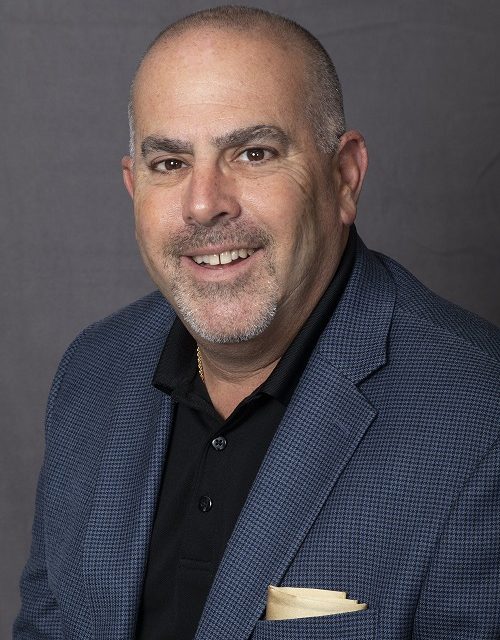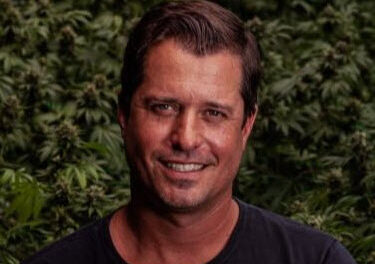By Dr. Jeff G. Konin
While the campaign is progressively ongoing to educate the public, legislators, physicians, and all other healthcare providers about all things cannabis, one important group to be sure not to omit is the educators. This includes primarily those in college and university teaching environments, but also health educators in the secondary school systems.
Why is this so important? If we do not invest in the time to educate today’s students, we will continue to play catch-up with education, knowledge, and perception of tomorrow’s community. Here are a couple of facts gathered from recently published studies:
- A 2019 University of Pittsburgh study reported that only 62% of Pharmacy schools incorporate cannabis education in the doctoral level curriculums.
- A 2017 study from Washington University reported that only 9% of medical schools in the United States incorporate cannabis education in the curriculums. Furthermore, 89.5% of medical residents say they are unprepared to prescribe cannabis, and 35% say that they are unprepared to answer patient questions on the topic.
- A 2019 study we performed at Florida International University revealed that 75% of the students enrolled in healthcare degrees believe it is important to study cannabis in a formal curriculum
- A recent 2021 study that we performed revealed that only 38% of Athletic Training and Physical Therapy graduate education degree programs faculty report teaching cannabis in curriculum, and that 75% of these individuals state that they have no formal education on the topic themselves.
- A 2021 study in the Journal of Cannabis Research found that 49.9% of medical students are in favor of medical cannabis legalization. The respondents of this survey reported a strong desire for more cannabis education.
These findings come from just a sample of published studies and they come from the healthcare professions. Yet, as we have come to learn, cannabis use in society also has an impact on social determinants of health. The use of, dangers of, risk factors, medical benefits and all other aspects of cannabis should be incorporated and openly discussed in high school health education programs in every school. What we are seeing in our communities today is not a trend, but rather a reality. Maturing students and young adults should be taught the facts about cannabis by educated educators in an effort to debunk the many myths of the past and present surrounding the stigma of its use.
In a secondary school setting, the topic can easily be introduced in health education courses. Many students possess a familiarity with cannabis albeit from their own personal knowledge and perception around their community. Active learning lessons regarding cannabis data, its history, use disorders, risks and benefits, and societal impact can serve as valuable teacher-student interactions. With the significant increase in virtual classrooms primarily as a result of the pandemic, teachers do not need to possess immediate knowledge of cannabis as other facilitators can be invited to speak to classes online.
In a non-health degree college or University setting, cannabis can be introduced in content areas that range from philosophy to business to agriculture to law and so much more. In a University-level healthcare curriculum, courses such as anatomy and physiology can introduce the endocannabinoid system, course like pathology or disease can address cannabis use with medical conditions, a course in pharmacology can discuss dosing and application, and courses in medical and legal ethics can review case studies and vignettes of how cannabis use varies around the country and the world based upon individual laws and public policy.
In particular, degree majors such as Public Health, Medicine, Law, and others should more closely examine how to make current their curriculums and implement cannabis-based content to better prepare their graduates for future employment.
In fact, while already being done, Florida is ripe and should strongly consider with State Board of Governors Higher Education approval, a systematic approach toward the creation and granting of Bachelor level, graduate level, and certificate programs in Cannabis. Yes, a Bachelor of Science degree in Cannabis. Students can focus their interest in healthcare, business, agricultural, marketing, chemistry, and so many other areas. This would serve as a wonderful interdisciplinary degree that could meet the needs of tomorrow’s workforce and fall in line nicely with the cannabis initiatives that the state has committed to.
There are many positive reasons why it is imperative that cannabis education be implemented in curriculums at secondary and post-secondary school levels throughout Florida. There are no good reasons not to.
Dr. Jeff G. Konin is a Clinical Professor in the Department of Athletic Training in the Nicole Wertheim College of Nursing and Health Sciences at Florida International University (FIU) where he directs the Global Initiative for Cannabinoid Research and Education. To learn more about FIU’s cannabinoid research and education initiative you can visit their website at https://go.fiu.edu/GlobalCannabis. Views represented in this column do not reflect that of Florida International University and are solely attributed to Dr. Jeff G. Konin.










